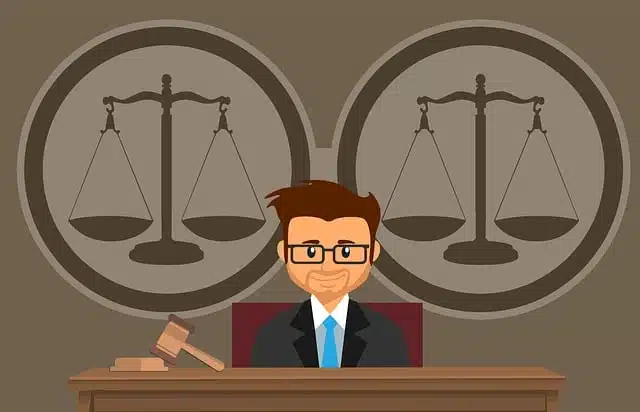
Legal reasoning is a mental process that appeals to the principles of law for the argument or interpretation of something according to the laws.
Determining the etymological origin of the two words that give shape to the term legal reasoning leads us to come across the fact that both derive from Latin:
– Reasoning emanates from the sum of the noun ratio , which can be translated as “reason”, and the suffix -ment , which is used to indicate the result of an action.
– Legal , on the other hand, comes from iuridicus , which, in turn, is the fruit of ius , which means “right.”
What is legal reasoning
The process and effect of reasoning are called reasoning . Reasoning, for its part, is the activity of the mind that allows us to produce, organize and structure concepts to reach a conclusion. Legal , on the other hand, is that which is in accordance with the law (what is established by law).
The concept of legal reasoning refers to the mental process that follows the principles of law to interpret and/or argue something based on the laws . For this kind of reasoning, the person must appeal to logic and dialectics.

Judges must resort to legal reasoning.
Search for a solution
Legal reasoning, therefore, tries to find a solution to a conflict that has arisen, through the applications of rules or laws, which is, of course, duly justified and argued in order to avoid disagreements.
When it comes to carrying out legal reasoning, experts in the field agree on highlighting the importance of paying attention to it and making use of certain principles. Specifically, they refer to both the principles of the ideological and evaluative basis of what the legal order is and those that are expressly included in the norms and laws.
In addition to all this, when the aforementioned reasoning is going to be developed and the principles and rules are used, it is important to take into consideration the following aspects:
-Existing legal rules are subject to interpretation while legal principles are subject only to weighing.
-Principles are used and applied according to the logic of preference.
Types of legal reasoning
Legal reasoning is generally developed by lawyers , judges and legislators . Its purpose is to reach a conclusion that is in line with current legal norms or that may even become one of them after going through the necessary steps for promulgation.
There are different kinds of legal reasoning. Legal reasoning can be logical (it is imposed intellectually), rhetorical (it seeks to persuade) or purely legal (it is based on presumptions or other factors established by legislation). To go through these legal reasonings, an individual appeals to other logical types of reasoning, such as inductive reasoning and deductive reasoning .
Legal reasoning is essential when it comes to the administration of justice . A court can acquit or condemn an individual according to the legal reasoning endorsed by its members and the way of judging the value of the legal reasoning expressed by defense attorneys, plaintiffs, prosecutors, etc., within the framework of the court. legal process.
